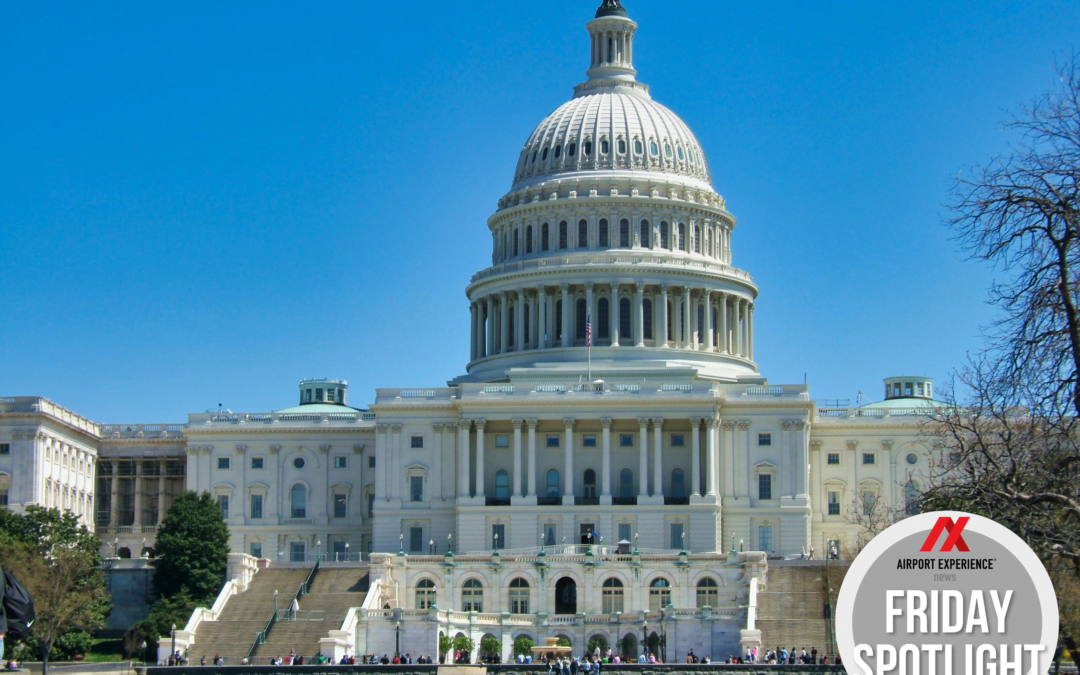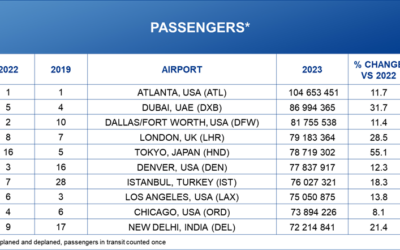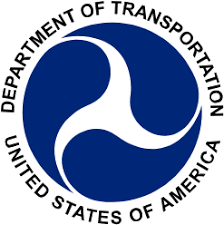As the deadline for FAA Reauthorization looms, it appears increasingly unlikely that Congress will pass the bill that funds the Federal Aviation Administration before the deadline of September 30.
“It will probably be an extension, and hopefully there will be an extension without a government shutdown,” said Kevin Burke, president and CEO of Airports Council International – North America, noting that one key element holding up the process is disagreement over proposed pilot training criteria.
“At this juncture , if I was a betting man, I would say we’re going directly to an extension because they had all summer to come up with an agreement on this pilot training issue and they still have not fixed it,” Burke said in mid-September.
The pilot training discussion centers on how pilots achieve the required 1,500 hours of flight time needed to fly for a commercial airline. A proposal to allow 250 hours of those required hours to be done on a simulator has received pushback from some who say the move could negatively impact air safety.
Burke said ACI-NA is not involved in the pilot training discussion. However, he says the disagreement puts at risk the House bill that was “chock-full of good things for airports, with both the house majority and minority in agreement.
“We got an increase in AIP (Airport Improvement Program) funding to $4 billion, which is good for us,” Burke explained. “The house bill also extends project eligibility for federal grants and makes formulaic changes that would provide more entitlement funding for places like Dulles [International Airport (IAD)} and {Ronald Reagan Washington National Airport (DCA)].”The bill also expands AIP funding use to include revenue generating areas and non-revenue parking, and expands funding for environmental programs at large hubs, among other things. The Senate bill, which has not yet passed, includes funding for airports to purchase new PFAS firefighting foam, Burke said.
The Senate bill also addresses challenges airports have had in getting FAA to ease its oversight of airport land use for non-aeronautical purposes. Burke said Congress directed FAA to allow airports more leeway on land use in 2018, but he added that “airports that have applied with the FAA, which still has to approve the land use, are having a hard time getting the FAA to agree because they don’t want to lose control of what happens in an airport’s space.
“This is an additional way to reduce the costs at the airport with an increase in revenue,” Burke said. “And it makes perfect sense because the airports are owned not by the federal government, with the exception of Reagan and Dulles all the other airports are owned by localities.
Burke noted the lack of any increase in the cap on Passenger Facilities Charges, something the industry has lobbied for over the past several years. “There is not, and we did not anticipate, a PFC increase because the House is controlled by Republicans and they refused to put a PFC increase in,” he said. “But when we weigh that against the good things that we got, we’ll live to fight another day for the PFC.






